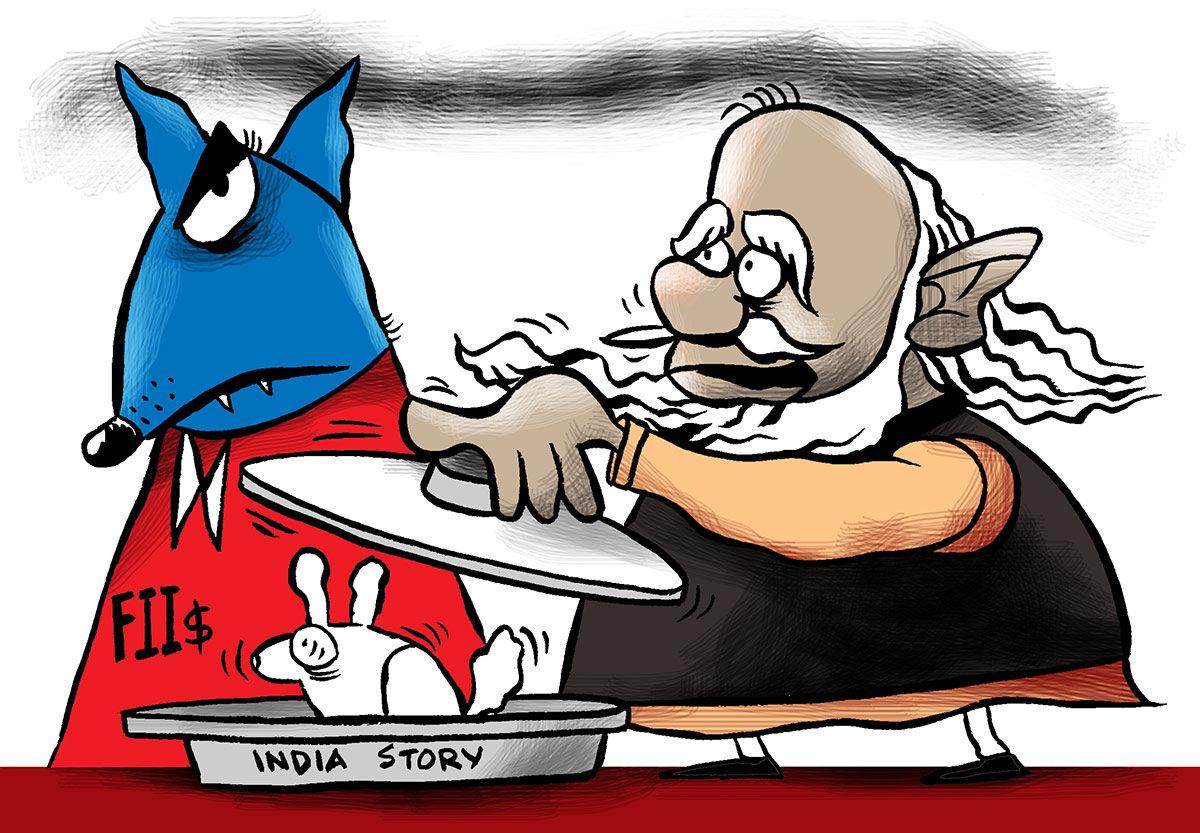FPIs allowed to deal in exchange-traded commodity derivatives
The Securities and Exchange Board of India’s (Sebi’s) board on Wednesday allowed foreign portfolio investors (FPIs) to trade in exchange-traded commodity derivatives.
The move, it said, “will enhance liquidity and market depth, as well as promote efficient price discovery.”
Overseas investors will only be allowed to deal in non-agricultural commodity derivatives and only cash-settled contracts.
The three broad non-agri commodities where derivatives contracts are available on domestic bourses are bullion, energy, and base metals.
The more sensitive agricultural commodities have been kept out of bounds to avoid unnecessary volatility in them.
Further, limits on outstanding positions FPIs will be allowed to hold in permitted contracts will be similar to those applicable for mutual funds.
The move to allow FPIs in commodity derivatives follows a consultation paper issued by Sebi earlier this year.
The regulator has also prescribed a working group to examine whether measures towards any additional risk management are required to be prescribed for FPIs.
Indian regulators have been cautious in allowing FPIs in the commodities market on fears that sudden outflows by them may disrupt the market.
“While there have been apprehensions that opening up the exchange-traded commodities derivatives segment for FPIs may lead to a lot of volatility, it can be argued that such participation with adequate checks and balances put in place shall enhance the market’s ability to absorb relatively large orders without significantly impacting the price, thereby increasing liquidity, and will help efficient price discovery,” said Gaurav Mistry, partner, DSK Legal.
However, market players said a restrictive approach may not help realise the market’s full potential.
“This may be a small step towards expanding the reach of our markets.
“However, it opens up the gates for free flow of capital and ease of trading by foreigners which will reduce pricing gaps and help in enhancing the liquidity in our markets,” said Kishore Narne, head-commodities and currencies, Motilal Oswal.
Some said FPIs may not be too enthused to trade in the domestic markets when they can trade in similar contracts in more liquid markets globally.
Earlier, Sebi had allowed so-called eligible foreign entities (EFEs) to participate in the Indian commodity derivatives market only to the extent of hedging their exposure.
While commodity exchanges have, so far, on-boarded a number of EFEs, the participation by these entities has been nil due to the restrictive regulatory framework.
Sebi has now discontinued the existing EFE route and has said overseas investments can be done through the FPI route instead.
The regulator is soon expected to issue a detailed framework and notify the norms in this regard.
The Sebi board also approved changes related to limited purpose clearing corporation (LPCC) for clearing and settlement of corporate bond repo transactions in sync with the directions issued by the Reserve Bank of India.
The move, experts said, is a step towards deepening the corporate bond market.
For all the latest business News Click Here

